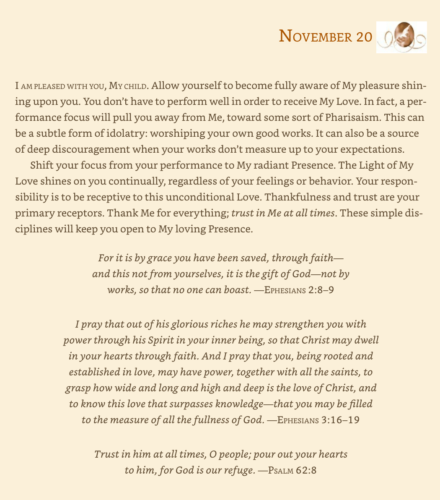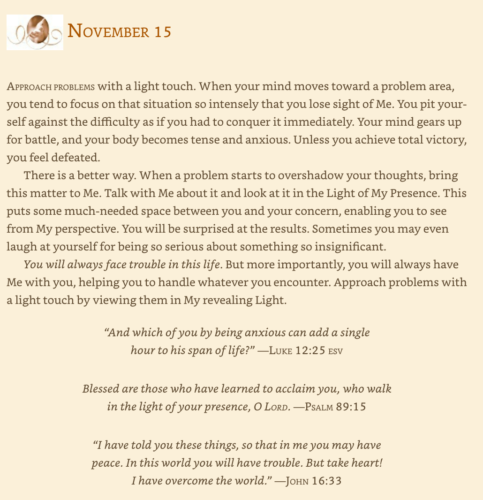All the strands of my life had come together. Descendant of slave and of slave owner, I had already been called poet, lawyer, teacher, and friend. Now I was empowered to minister the sacrament of One in whom there is no north or south, no black or white, no male or female—only the spirit of love and reconciliation drawing us all toward the goal of human wholeness.
—Pauli Murray, Song in a Weary Throat
Reverend Dr. Pauli Murray (1910–1985) was the first Black woman ordained to the priesthood in the Episcopal Church. Editor Anthony B. Pinn writes:
Growing up, [Pauli] Murray had a sneaking suspicion of the path she would take and the “cosmic” and historical events that might have conditioned her life.… [1]
In Murray’s words, “I came [into the priesthood] because I had no other alternative. I fought death, God, and my own articulated plans—but the Call would give me no peace until I had made the decision.” [2] It was not enough for Murray to discern the calling on her life; she wanted this recognized and acknowledged in ways that she could not produce on her own, ways that might point to the cosmic trail of God working in her personal history….
Shortly after her ordination, she addressed the issue of inclusion with passion, biting humor, and sarcasm. In this way, she pointed to her deep resolve to make social equality a moral and spiritual issue … : “Bearing pain for Christ’s sake does not mean that I shall participate in my own degradation. It means that I must witness to the equality of all humanity before God in words as well as deeds.” [3]
Murray preaches the value of recognizing the universal dignity of the children of God:
To think of oneself as a child of God is a liberating experience—it is to free oneself from all feelings of inferiority—whether of race, or color, or sex, or age, or economic status, or position in life. When I say that I am a child of God—made in [God’s] image— … I imply that “Black is beautiful,” that White is beautiful, that Red is beautiful, or Yellow is beautiful. I do not need to make special pleading for my sex—male or female or in-between—to bolster self-esteem. When I truly believe that God is my Father and Mother, in short, my Creator, I am bound also to believe that all men, women, and children of whatever race, color, creed, or ethnic origin are my sisters-and-brothers-in-Christ—whether they are Anglicans, Roman Catholics, Methodists, Black Muslims, members of the Judaic faith, Russian Orthodox, Buddhists, or atheists…. If I am a child of God, a sister-in-Christ, and belong with all of you to the priesthood of all believers, then my job is to love, not hate, to be creative, not destructive, to follow Christ’s cross. This is the lesson of the great prophets down through the ages.... [4]
____________________________________
Story From Our Community
My contemplative practice centers on my breath. Each morning, I sit in stillness for what I call, “coming home to myself.” Sometimes, though rarely, I feel a part of the greater whole which evokes great tenderness within me. I don’t know whether to softly cry in surrender to such love or whether to bubble up with a quiet joy. For the last couple of years, I recognize how quiet yet strong I have become. I am content and at peace within myself. More importantly, I can now be amused by people and actions I would have judged harshly before. This is my experience of divinity.
—Kathy R.




